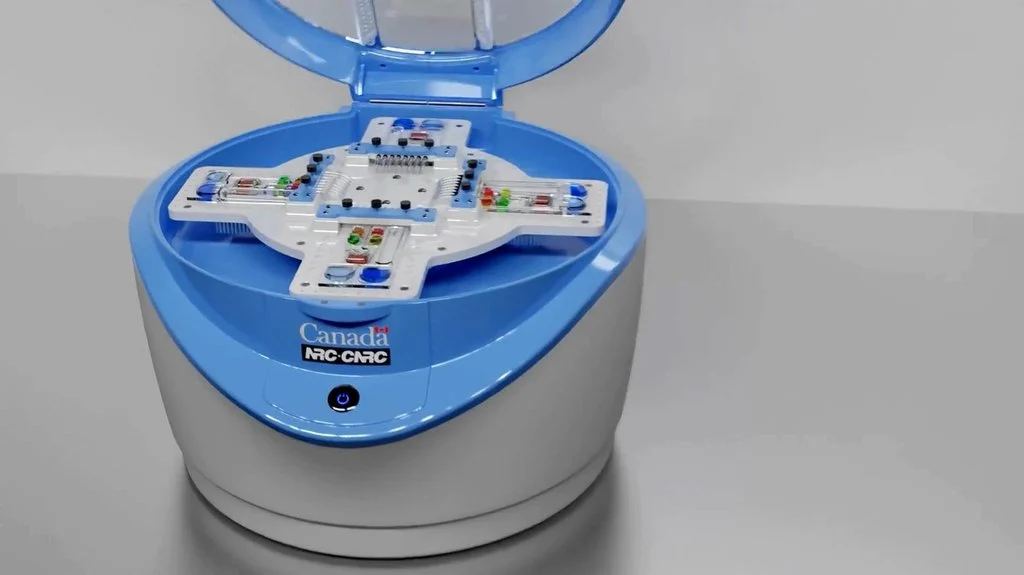A group of researchers from Canada has devised a test that they claim can swiftly determine if a patient is at risk of developing sepsis, a severe condition triggered by the immune system’s abnormal response to an infection, leading to harm to the body’s vital organs and tissues.
Dr. Claudia dos Santos, the lead author of a study on the test published in the journal Nature Communications, mentioned that sepsis causes numerous deaths in Canada and nearly 50 million fatalities globally each year.
Dr. dos Santos, a clinician-scientist and critical care physician at St. Michael’s Hospital in Toronto, emphasized the importance of prompt sepsis treatment for patient survival.
She highlighted that even a one-hour delay in sepsis treatment could elevate mortality rates by almost eight percent, underscoring the critical window of the first six hours for intervention.
The challenge lies in the absence of a definitive test that can forecast which infected patients, ranging from COVID-19 to bacterial infections, might progress to sepsis due to the nonspecific symptoms shared by both conditions.
Physicians currently rely on clinical judgment, which is often based on suspicion rather than a concrete biological marker of sepsis, as explained by dos Santos.
The research team, composed of scientists from the University of British Columbia and the National Research Council Canada, believes they have discovered a blood test capable of predicting a patient’s susceptibility to sepsis.
Utilizing artificial intelligence, a team led by Robert Hancock at UBC identified six genes, termed “Sepset,” that exhibited heightened expression in patients who later developed sepsis.
The researchers analyzed blood samples from 586 former patients and found elevated levels of these genes when the immune system began reacting abnormally.
When the presence of these genes increased, patients progressed to sepsis within 24 hours.
Implementing a test for the six-gene “signature” could empower physicians to promptly address sepsis, initiating treatments like antibiotics, fluid administration, and intensive care if necessary, while also addressing the underlying infection.
The researchers aimed to create a portable sepsis test for bedside application in emergency departments or remote areas to aid in decision-making regarding patient transfers to urban hospitals.
The National Research Council Canada devised a compact device called Powerblade, capable of analyzing RNA from minimal blood samples to detect the presence of the six signature genes, providing results in under three hours with 92% accuracy in predicting sepsis development.
Though the study highlights the need for real-time patient testing, Dr. dos Santos anticipates the upcoming clinical trial funded by the Canadian Institutes of Health Research, aiming to commence later this year.
The trial will assess the prototype device’s performance in live settings and evaluate its impact on patient outcomes following the test results.


